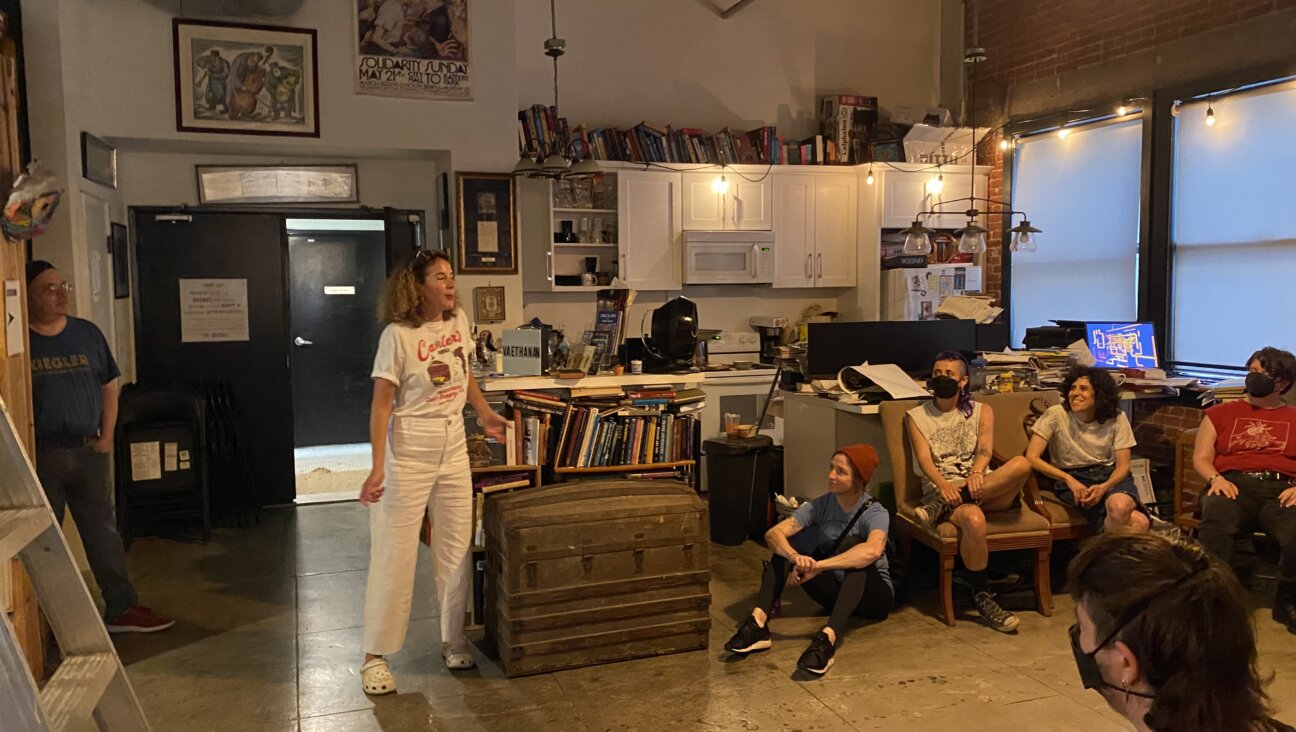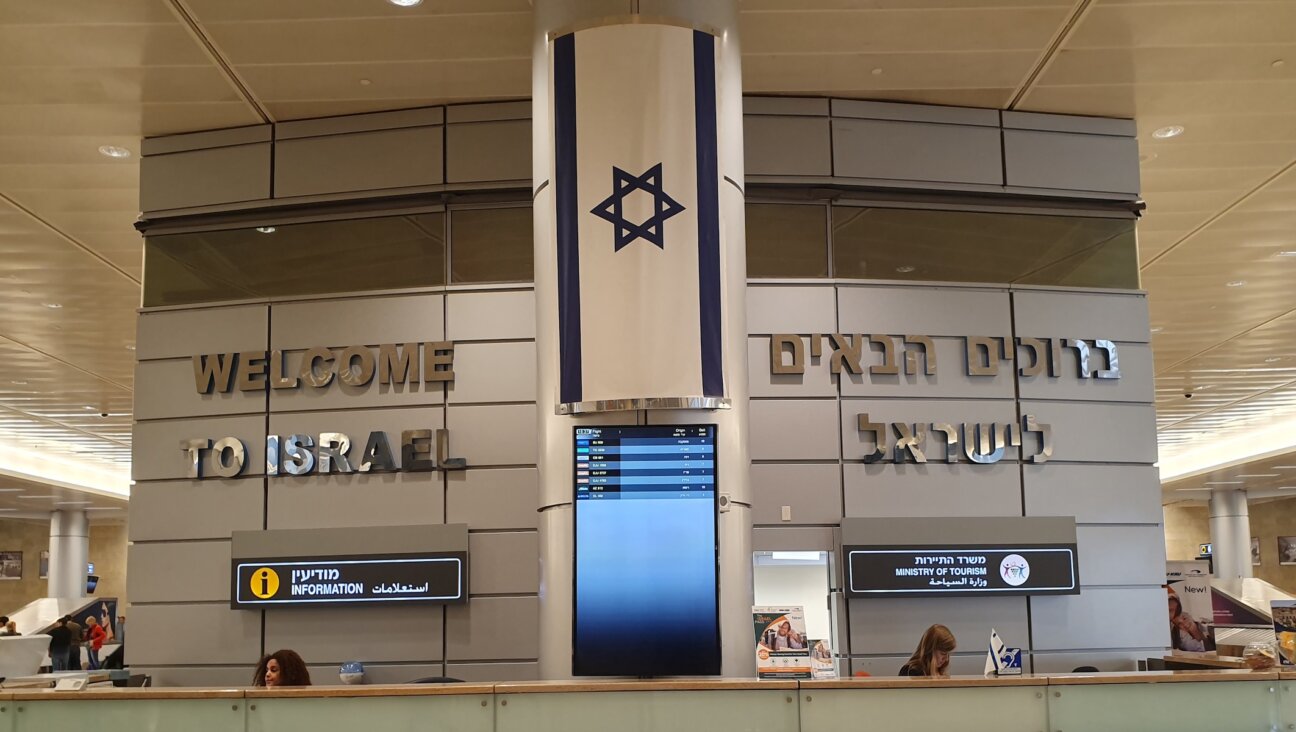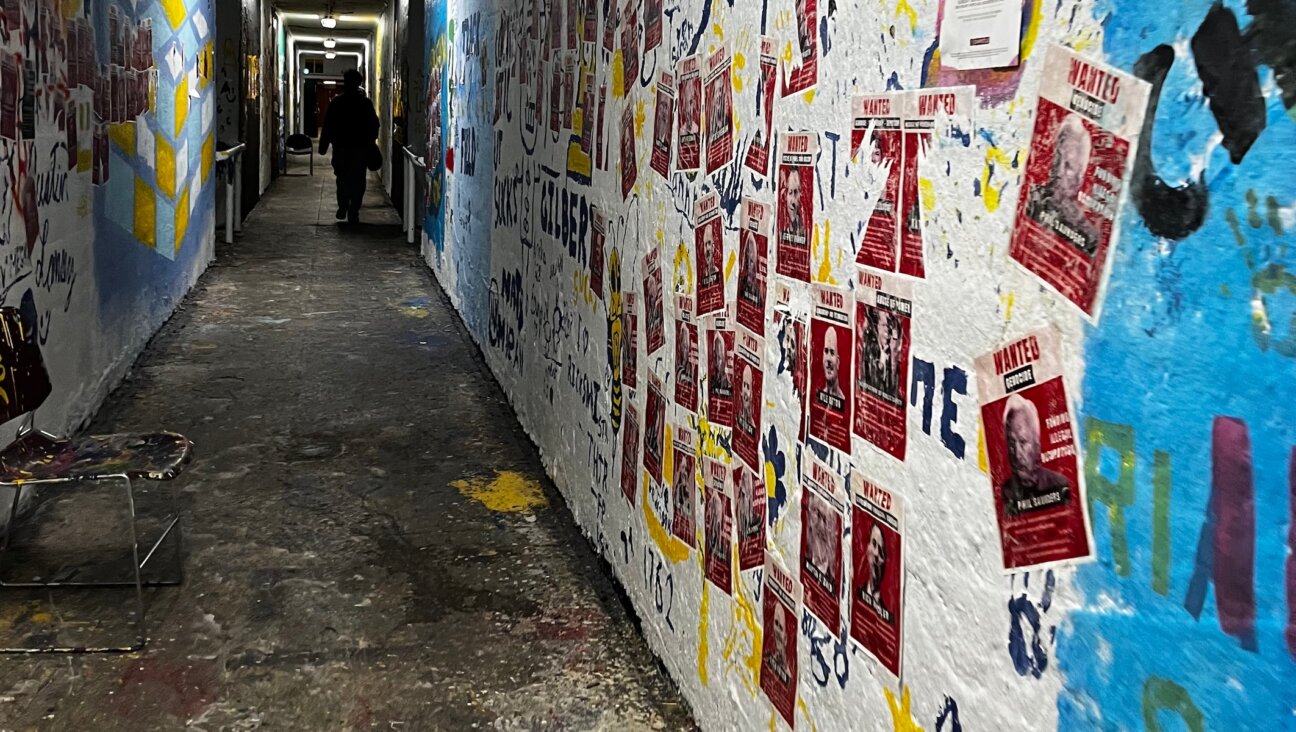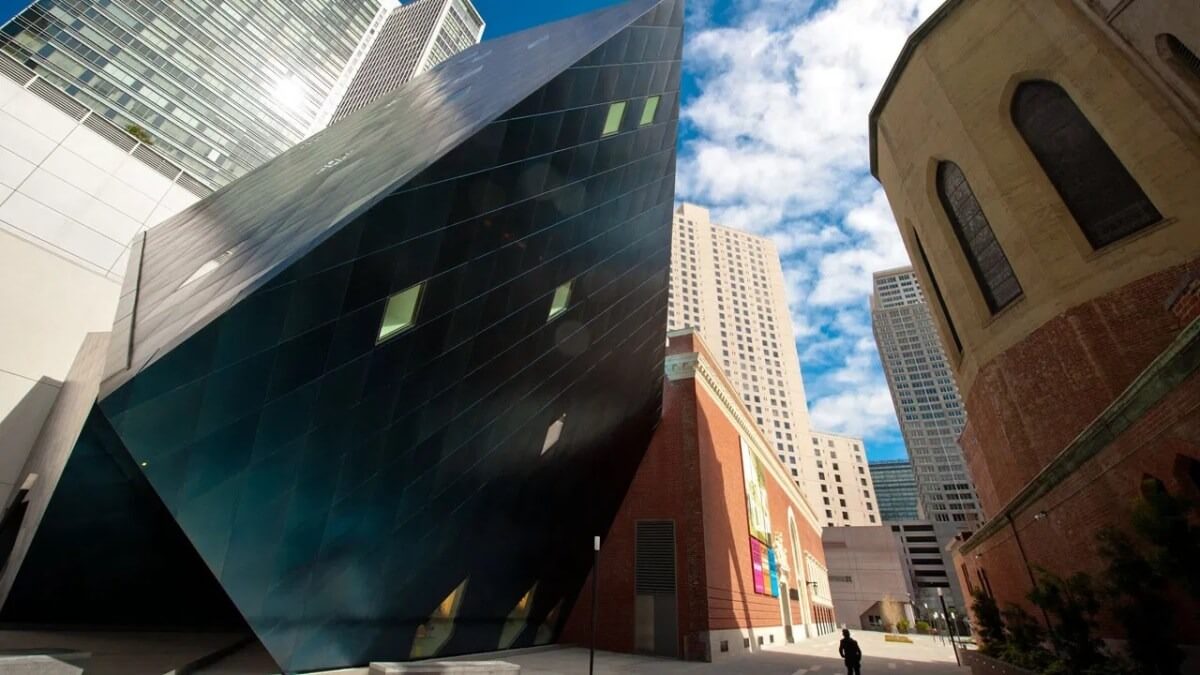Celebrating Slavery’s End, 150 Years Later
Congregants at Emanuel African Methodist Episcopal Church cried out in testimony, prayer and song at a New Year’s Eve service recalling the vigils held by blacks 150 years ago as they awaited President Abraham Lincoln’s signing of the Emancipation Proclamation.
The document that helped end slavery in the United States resonated deeply in Charleston, where thousands of enslaved Africans arrived in America from the late 17th century to the early 19th century. The first shots of the Civil War also were fired in Charleston in 1861.
“It’s not just an African-American celebration, it’s an American celebration, akin to the Fourth of July,” Reverend Clementa Pinckney said to 100 congregants at the two-hour service, known as Watch Night. “It’s freedom come full circle.”
As he read aloud excerpts from the proclamation, he told the congregation, “We stand on the shoulders of abolitionists and missionaries.”
The lights inside the 194-year-old church were turned off shortly before midnight. In the dark, a succession of singers in a minute-by-minute countdown to the new year called, “Watchman, watchman, please tell me the hour of the night.”
The minister’s response pierced the darkness. “It is three minutes to midnight,” then “It is two minutes to the new year,” then “Last chance to pray in 2012.” Finally, “It is now the new year. Freedom has come.”
Watch Night, a historical New Year’s Eve tradition of reflection and prayer in some American Protestant churches, became a tradition in African-American churches starting in 1862.
That night, on “Freedom’s Eve,” black churches and abolitionist communities waited for what 19th-century abolitionist leader Frederick Douglass wrote was “the glorious morning of liberty about to dawn upon us.”
The proclamation, which Lincoln issued on Jan. 1, 1863, in the middle of the Civil War, formally declared free millions of slaves in rebellious states that had left the United States and were not occupied by federal troops. It also allowed black men who had been enslaved to join the Union Army and Navy.
Though slavery was not fully abolished until the 13th Amendment to the U.S. Constitution was ratified in 1865, Watch Night was “a celebration of what freedom might mean,” said Dawn Chitty, education director of the African American Civil War Museum in Washington, D.C., which focuses on the history and contributions of the United States Colored Troops.
“It wasn’t just about being free to walk away from chains and shackles and forced labor, but about having a chance to fight for a country that didn’t uphold any rights that you had at the time,” she said.
Historians and scholars agree that slaves in the South were aware of the coming proclamation, which had been published months before it was signed.
“Groups of people gathered together with song, prayer, programs, whatever they could do, to recognize what was coming at midnight,” Chitty said.
A few years later in 1868, Charleston blacks began holding an annual Emancipation Day parade, a tradition that they planned to repeat on Tuesday with floats, marching bands and community organizations taking part.
The parade was among a number of events being held across the country to mark the 150th anniversary of the Emancipation Proclamation. A three-day display of the fragile original document was due to end on Tuesday at the National Archives in Washington.
A message from our CEO & publisher Rachel Fishman Feddersen

I hope you appreciated this article. Before you go, I’d like to ask you to please support the Forward’s award-winning, nonprofit journalism during this critical time.
At a time when other newsrooms are closing or cutting back, the Forward has removed its paywall and invested additional resources to report on the ground from Israel and around the U.S. on the impact of the war, rising antisemitism and polarized discourse.
Readers like you make it all possible. Support our work by becoming a Forward Member and connect with our journalism and your community.
— Rachel Fishman Feddersen, Publisher and CEO























